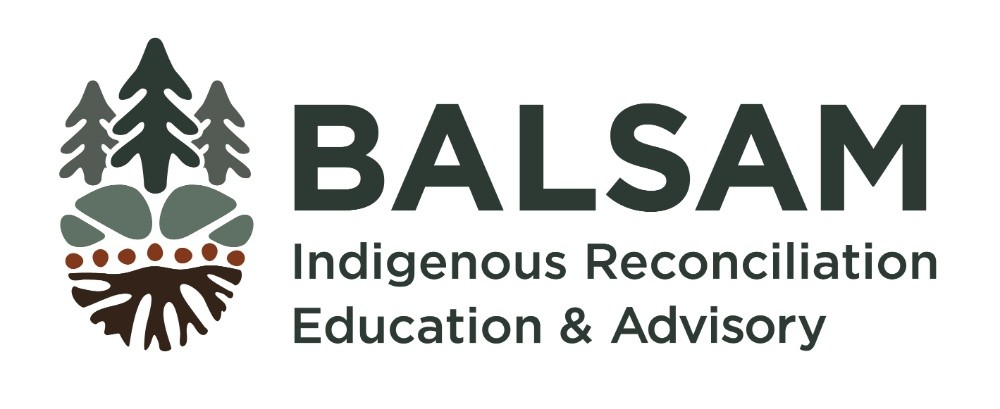12.5: Indigenous History and Cultural Awareness
Read time:
1 min
To enhance interpersonal relations within an organization or workplace and to support diversity initiatives, understanding Indigenous history and culture is crucial. This tool is designed to give employers fresh insight into Indigenous history and culture with a goal of cultivating a more respectful and inclusive workplace. A variety of strategic activities are aimed at promoting cultural awareness throughout each organization.
Cultural Awareness TrainingTo provide structured learning environments, organizations are advised to host educational workshops and seminars led by Indigenous educators or cultural experts, such as Indigenous Treaty Partners. These sessions can cover a range of topics, including traditional practices, historical milestones, contemporary issues faced by Indigenous peoples and the impacts of colonization.
Workshops should feature interactive sessions to encourage active participation, allowing employees to ask questions and engage in meaningful discussions.
Collaborative Learning InitiativesCollaborative learning initiatives can boost employee engagement with Indigenous cultures. These initiatives may include group projects involving specific Indigenous cultures or historical events and encourage participation in community-led cultural events or activities.
Feedback and Continuous ImprovementTo ensure the effectiveness of cultural awareness activities, mechanisms for feedback and continuous improvement should be established.
 Conducting surveys is essential to gauge the knowledge gained from cultural training.
Conducting surveys is essential to gauge the knowledge gained from cultural training.
Through these efforts, organizations can incorporate an understanding of Indigenous cultures into their day-to-day business practices, contributing significantly to a more culturally aware and inclusive workplace.
Cultural Awareness TrainingTo provide structured learning environments, organizations are advised to host educational workshops and seminars led by Indigenous educators or cultural experts, such as Indigenous Treaty Partners. These sessions can cover a range of topics, including traditional practices, historical milestones, contemporary issues faced by Indigenous peoples and the impacts of colonization.
Workshops should feature interactive sessions to encourage active participation, allowing employees to ask questions and engage in meaningful discussions.
Collaborative Learning InitiativesCollaborative learning initiatives can boost employee engagement with Indigenous cultures. These initiatives may include group projects involving specific Indigenous cultures or historical events and encourage participation in community-led cultural events or activities.
Feedback and Continuous ImprovementTo ensure the effectiveness of cultural awareness activities, mechanisms for feedback and continuous improvement should be established.
 Conducting surveys is essential to gauge the knowledge gained from cultural training.
Conducting surveys is essential to gauge the knowledge gained from cultural training.Through these efforts, organizations can incorporate an understanding of Indigenous cultures into their day-to-day business practices, contributing significantly to a more culturally aware and inclusive workplace.
Disclaimer:
Hire for Talent has made every effort to use the most respectful words possible while writing these materials. We realize, however, that the most appropriate terminology may change over time. We developed these materials with the intent to respect the dignity and inherent rights of all individual.
Hire for Talent has made every effort to use the most respectful words possible while writing these materials. We realize, however, that the most appropriate terminology may change over time. We developed these materials with the intent to respect the dignity and inherent rights of all individual.
This tool was developed in collaboration with




